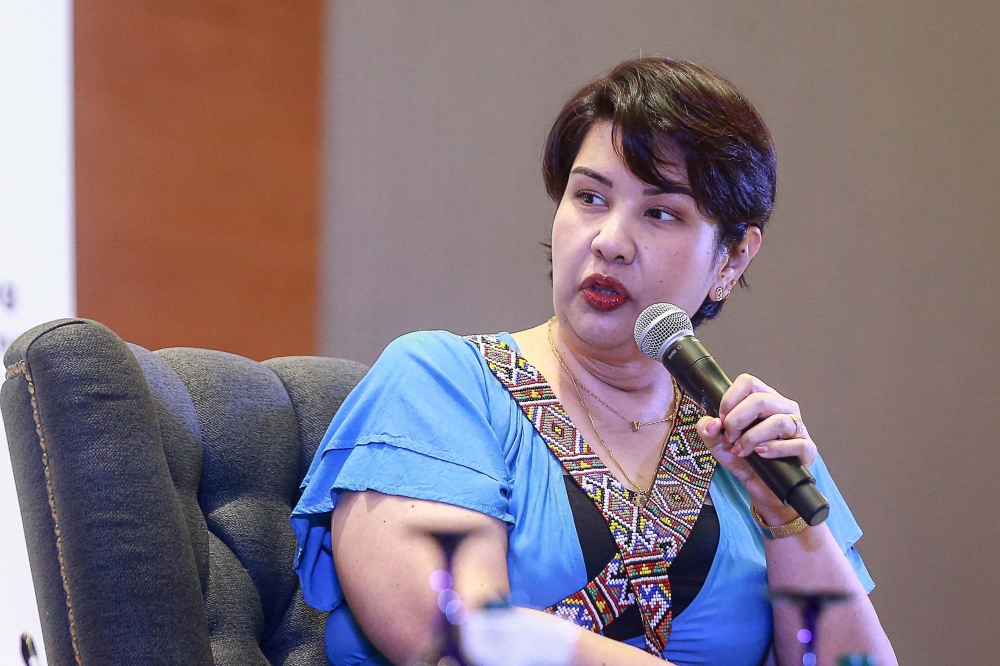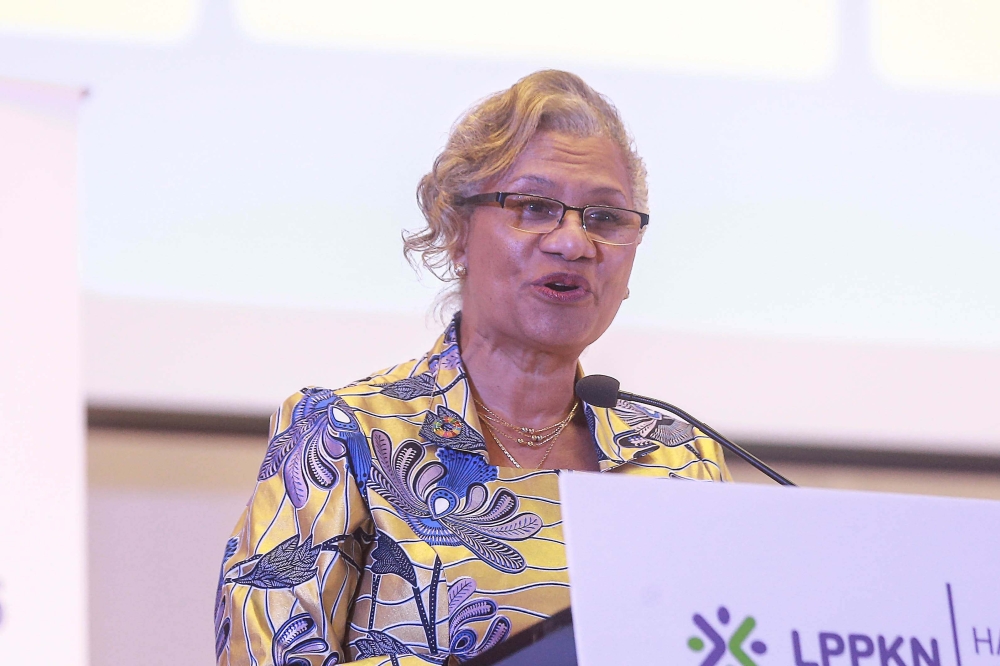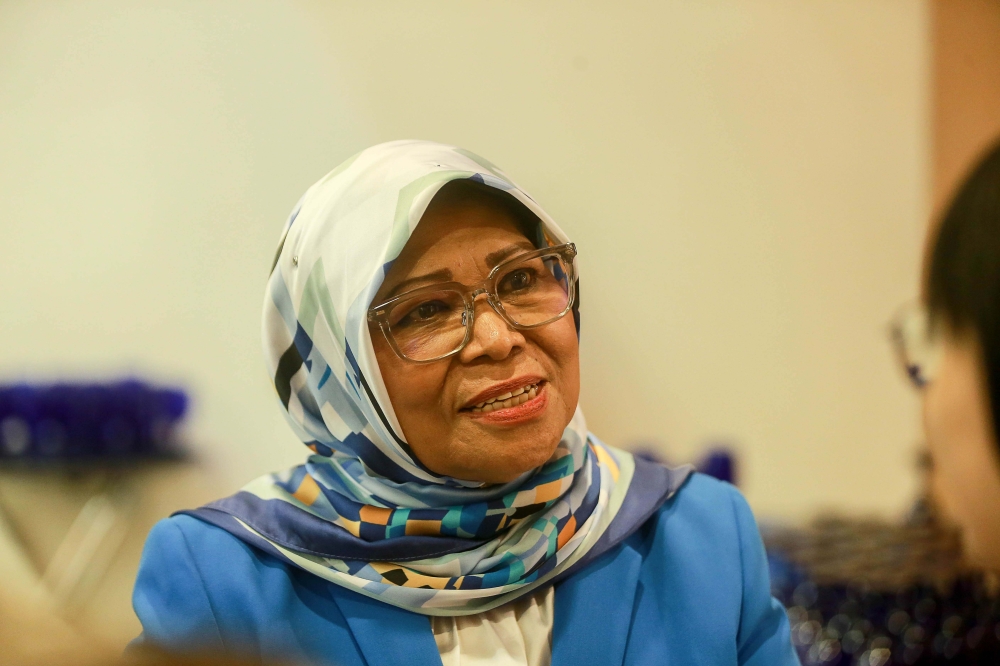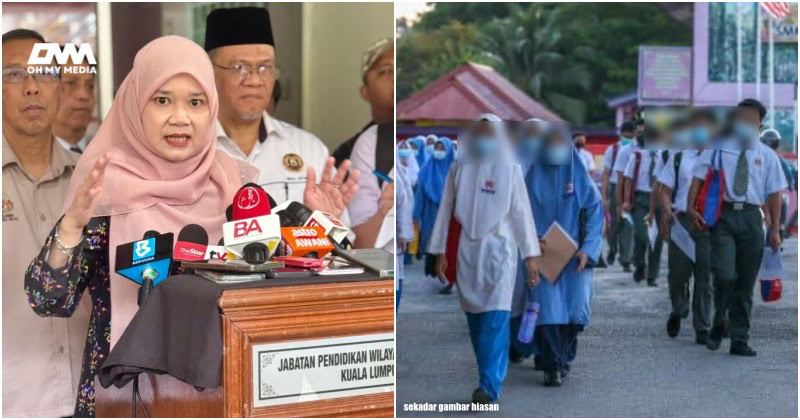KUALA LUMPUR, July 30 — As Malaysia looks to grow its population and support families, experts say it’s time to rethink what “family” really means.
Universiti Malaya senior lecturer Vilashini Somiah said Malaysians should move beyond traditional views of family based solely on marriage or blood ties.
“Many young people today see family as a community that you may be able to build, and not just something you’re born into,” the anthropologist said at a recent forum held in conjunction with World Population Day.
She said this could look like close-knit communities – including religious groups, siblings or lifelong friends – that act as chosen families.
“What is ‘family by choice’? Maybe an understanding that young people can grow older with close friends, siblings, close-knit communities – without having to go through traditional routes such as marriage or monogamy,” she said.
Vilashini acknowledged that such ideas may be difficult for institutions to accept, as many still cling to traditional frameworks.
“But the concept is changing among youths,” she said.
“So if institutions fail to recognise that, I think we are failing to recognise the policy change that needs to follow.”

Universiti Malaya senior lecturer Vilashini Somiah speaks at a forum organised by the National Population and Family Development Board (LPPKN) in conjunction with World Population Day at Lanai Kijang, Kuala Lumpur. July 21, 2025. — Picture by Sayuti Zainudin
Family by choice
She gave examples of new family forms: couples who marry but choose not to have children; individuals who adopt without marrying; and youths who see meaningful lives beyond marriage and parenthood.
She said some religious bodies continue to debate about the idea of married couples who do not want to have children, but there is no conclusive answer yet.
With youths living in a digital world that shapes their understanding of the world, she said institutions need to understand this nuance.
She added that only then can effective policies be developed to help young Malaysians understand their roles and responsibilities to the country.
Before speaking about the evolving concept of “family”, Vilashini noted that many young people still wish to have children, but face financial pressures and uncertainty about their future.
The UN view: Include everyone

UNFPA Malaysia Country Representative Dr Julitta Onabanjo says there should be a nuanced and inclusive understanding of the word ‘family’. — Picture by Sayuti Zainudin
United Nations Population Fund (UNFPA) Malaysia country representative Dr Julitta Onabanjo said the definition of family must also reflect these changing realities.
“I think the family is fundamental. However the family is also changing, and so we shouldn’t exclude those who choose not to have children or get married from the notion of family,” she told Malay Mail.
“Because I can be a single male who has nephews and nieces who I really look after and I want to feel I’m still a family person, even though I don’t have children,” she said.
“And I think this is very important, otherwise we lose this notion and we exclude.”
“What we are trying to say is that even in the definition of family formation, we need to take into account everybody and the choices that they make.”
LPPKN: ‘Family’ always exists, values still matter

LPPKN chairman Datuk Seri Rohani Abdul Karim says family is important, but it can take on wider scenarios such as those unable to give birth or those who adopt children. — Picture by Sayuti Zainudin
National Population and Family Development Board (LPPKN) chairman Datuk Seri Rohani Abdul Karim agreed that the public now has a broader view of family.
“So the definition of family is getting broader as how people perceived it,” she told Malay Mail.
She said some may not be able to have children due to health reasons or marrying later in life, but that does not mean they do not have a family.
“They adopt or they have very close nephews or nieces, so that becomes like their child. So there is a family,” she said.
“But most importantly, in Malaysia, we make sure that ‘family’ always exists.”
She cautioned against overly individualistic cultures seen in other countries and said Malaysians should continue to value both traditional and chosen family structures.
She said LPPKN promotes the family institution and encourages having children, adding that it is important to create a supportive environment for those who wish to do so.
New masculinity, new policies
With Malaysia projected to face a population decline from 2060, Vilashini said the country must also address gender roles in the family.
She said caregiving – often seen as a woman’s responsibility – needs to be viewed more equally.
“I’m not just talking about mothers. Many among us were raised by grandmothers, aunts or female babysitters,” she said.
She said men are often seen only as protectors, providers or procreators, but this narrow view contributes to toxic masculinity.
Vilashini said men also take on caregiving roles, such as single fathers or sons caring for their ageing parents or disabled family members, but these are rarely acknowledged.
She called this the “invisible” burden of care that men carry, which society hesitates to discuss.
Instead, she urged for more inclusive views of masculinity that allow men to show vulnerability and share their emotions.
She also stressed the need to encourage fathers to take active roles in caring for their children, not just caring about them.
Vilashini said population policies must also include more inclusive language and narratives.
She gave the example of women with polycystic ovary syndrome (PCOS), who may be infertile but can still contribute meaningfully to society and family life.
“This is a shared responsibility, it has to be done hand in hand,” she said.
“If people don’t see themselves as being able to help the government, rather than the government directing them, then we are not going to have effective policies.”







